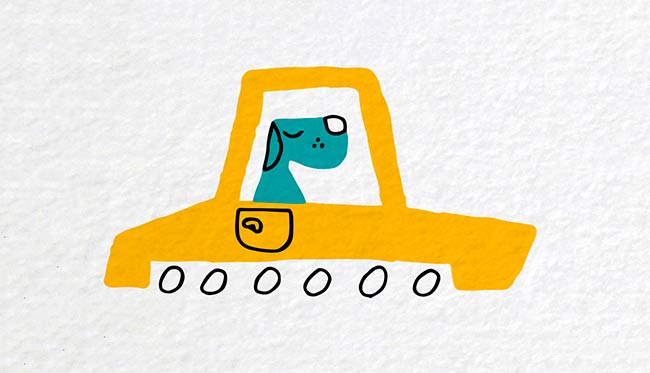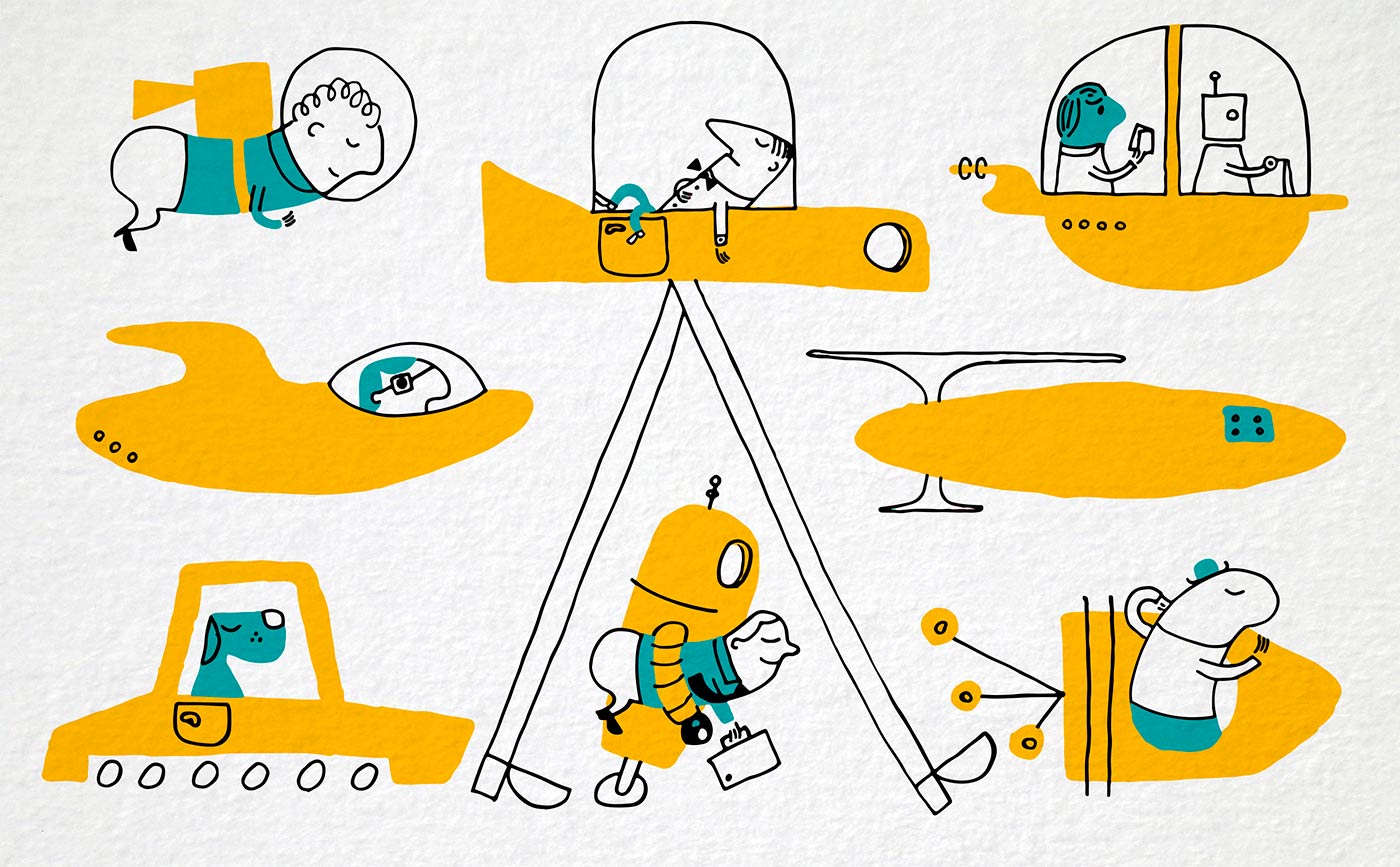Autonomy and Monopoly
Play audio recording
Published: 12 Sep 2016
Every car, app and tech giant at the moment seems to be getting into autonomous vehicles. Tesla, Google, Facebook, Uber, Volvo to name but a few, each have road worthy tests up and running and are pinning a lot of their hopes on both legislation being inline with the new technology and public opinion. However, imagine the epic task of changing public perception of the cars if there was an autonomous vehicle pile-up for example. In this article I will be concentrating on the technology and a practical economic problem concerning the cars in the public domain – in future articles I will try to tackle the ethic, AI and perception sides.
Sharing data
The sharing of data will be an important feature of any autonomous vehicle's operation. For example: given the available data from one car to another, 1 mile further down the same road encountering traffic or a road blockage, this has an instance obvious advantage – the other vehicles may change course to avoid the problem area, start to slow their speeds, alert others further down the chain, etc.
Another example might be to allow shorter distances between vehicles by giving each vehicle some information about its destination or braking to given less chance for collisions.
Many examples can be shown for efficacy and safety when allowing automated vehicles to share their data, or indeed plugin into the same overarching systems. However, this is somewhat at odds with capitalism and it's inherent protectionist nature – will these behemoth companies allow their systems to interface with each other? Show how they operate? And even indicate their machines learning rules and ethic inherent?
As autonomous vehicles are not currently in their adulthood, there are still several ways this particular problem may play out. I will start with what I believe could be the worst possible option:
1. The status quo
Each manufacturer implements differing technologies in their vehicles, there is little in the way of sharing, and governments allow a myriad of autonomous vehicle types onto the same roads. This would put more stress on the technology to be better and safer per vehicle instead of systemically, allowing for confusion in the public concerning each vehicles implied benefits and problems, and generally be less tolerant to bugs and technology failures due to the lack of learning from each not being spread across all companies.
Simply, this is the sub-optimal option where the vehicles could actually be a safety problem for pedestrians, cyclists and other non-automated road users who may not be able to identify and appreciate the differences in behaviour and capacity of each manufacturer's vehicle.

2. The common system
Like open API's that are found on websites like Google Maps or Data.Gov.uk, this would be a situation where automated cars can share information about themselves to others to help the systems together. Like I described early, a car may query its neighbour to enquiry about its next actions so not to obstruct it and vice versa. This wouldn't be ideal as there would still be differing technologies implemented by different manufacturers, but the outcomes should hopefully be similarly reacting vehicles with better safety, efficacy and public appreciation.
3. The private monopoly
Here when I talk of monopoly I'm referring to a single market of a single technology in a particular location. For example, lets say Google's efforts have proven to be the most effective in the USA, this may lead to public confidence in the cars and a homogenisation of the market producing a monopoly. This is a winner takes all scenario. When won, the winner will be able to produce a system that may talk to a central system, share information between nodes (in this case vehicles), learn from any problems, and be highly scrutinised by all other actors (the public, governments, other companies participating on the fringes).
Though monopoly is often used in distaste for some of these large corporations; or in legislation to bring about change in an industry, here it refers to a unification of a system. The allowance of such a monopoly I believe would be the best option for both safety and efficacy in a fully automated vehicle network.
This said, it may not be the most preferable situation for other reasons – for example: data protection, market growth, system flexibility or interrogation, ethical governance. But there may be another monopoly which could be better given the technical expertise and money to grow:

4. The public monopoly
The UK government and many US States are already starting to legislate for and against testing and implementation of automated vehicles. Some of the most recent legislations have shown how totally they don't understand the technology in use calling for hard rules for ethical issues (of which I will go into in my next article). The public sector is already a monopoly in it's locale, given the right technical knowledge we could be provided a public transportation network bigger and more accountable than in any of the above situations.
There are few governments who have shown their prowess with technology to date, but they are in a unique position to both administer and push through at speed planning, surveys and testing etc, that will enable a roll out and continued accountability of automation that a private entity in our current capitalist epoch cannot match. They would be highly scrutinised for data protection laws, as well as manufacturing and personal liability of the vehicles, hopefully creating a single automated system which as a citizen we all have access and influence.
The good monopoly
However the race for the future of transport plans out, I believe that monopolies have an important role to play. In my ideal world I would see the automation of cars as simply an extension of the state transport layer, including buses, trains and bicycles. In a nodal system we benefit from distribution of concerns and a sharing of intentions.
Illustrations by Nicholas Willsher
Part 1 of my series on autonomous cars
Part 2 The Trolly Problem
